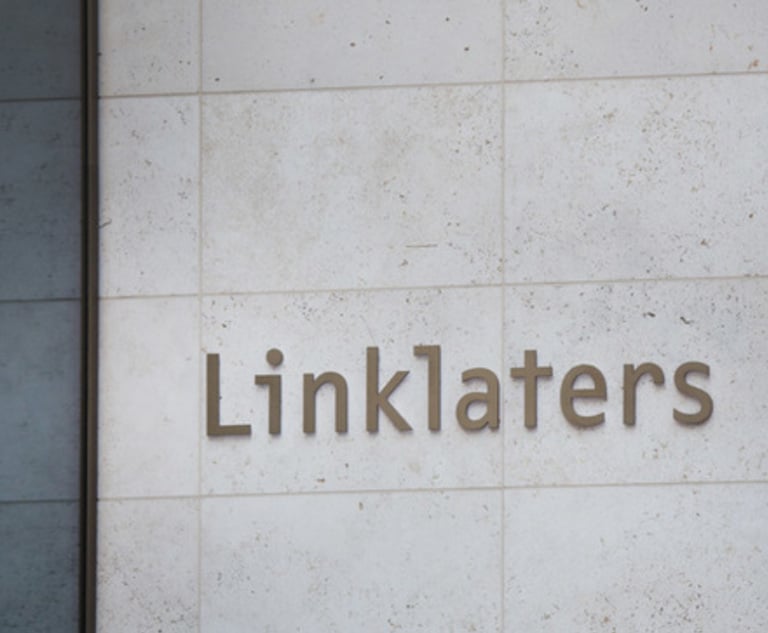As usual, things ran over, but eventually the parties meeting under the United Nations Framework Convention on Climate Change and, separately but together (kind of), under the Paris Agreement, adopted two “Decisions” by consensus, being CP.26 and CMA.3 respectively.
These decisions are similar but reflect, in their content, that the parties to each body hold separate discussions under different auspices. More specifics are set out below. Broadly, though:
- COP 26 was not a Copenhagen-style disaster, but a particular disappointment was looser language than had been hoped for on phasing “down” (rather than “out”) coal especially and fossil fuel subsidies more generally. Much chagrin has been expressed in the general direction of China and India.
- Readers will recall that at the heart of the Paris Agreement is a requirement to submit “nationally determined contributions” setting out a country’s climate commitments. Though some progress was made early in COP, “mind the gap” between what is needed (by the science) and what is on the table, remains an appropriate refrain.
- But the most significant outcome for the private sector was probably the (much debated and delayed) adoption of rules in respect of how new market mechanisms under the Paris Agreement will work, rather than loads of promises about enhanced ambition to reduce greenhouse gas emissions. This may yet actually prove to unlock more ambition and finance than any other Decision could have done.
- Speaking of which, not much progress was made on getting rich countries to stump up the money that others need to mitigate climate change.
- The difficulty for (often democratically elected) leaders in striking the balance between what is necessary (according to science) and what is politically palatable has been underscored once again.
This content has been archived. It is available through our partners, LexisNexis® and Bloomberg Law.
To view this content, please continue to their sites.
Not a Lexis Subscriber?
Subscribe Now
Not a Bloomberg Law Subscriber?
Subscribe Now
LexisNexis® and Bloomberg Law are third party online distributors of the broad collection of current and archived versions of ALM's legal news publications. LexisNexis® and Bloomberg Law customers are able to access and use ALM's content, including content from the National Law Journal, The American Lawyer, Legaltech News, The New York Law Journal, and Corporate Counsel, as well as other sources of legal information.
For questions call 1-877-256-2472 or contact us at [email protected]









